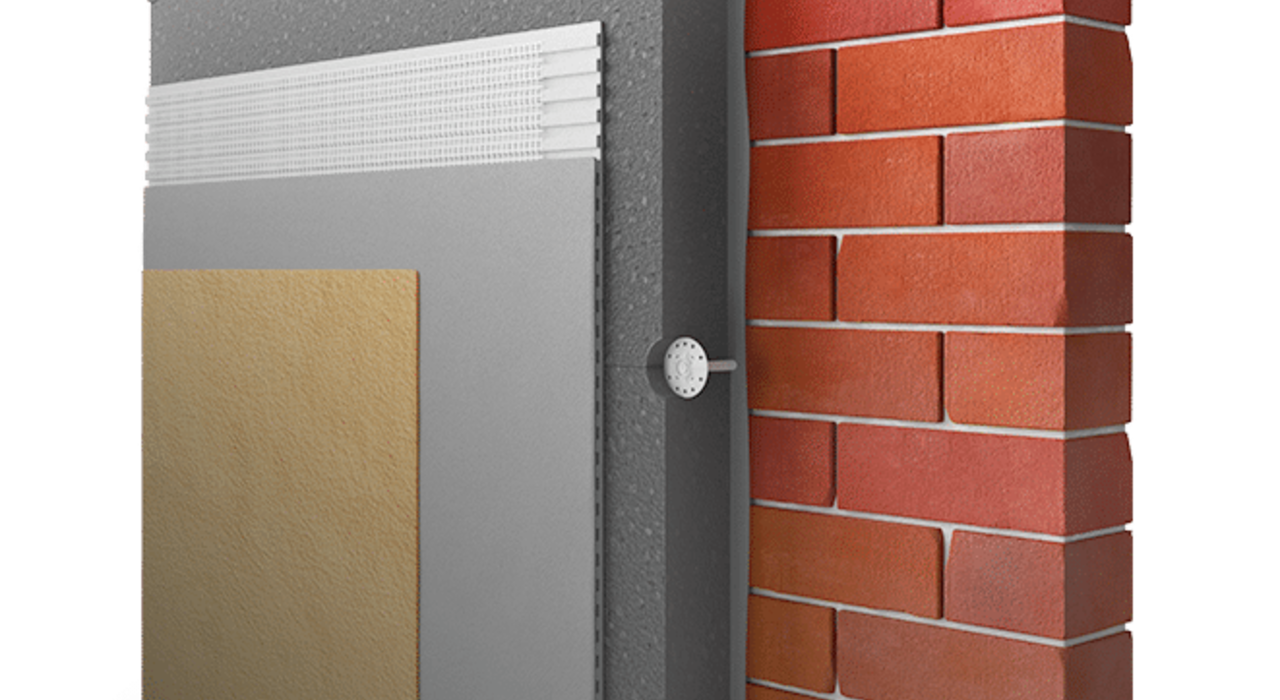
Whether your house should utilise cavity wall insulation (CWI) or external wall insulation (EWI) is an age-old question that still leaves homeowners confused. While it seems obvious that CWI should be installed on cavity walls and EWI on solid walls, there are many benefits to having EWI installed on your cavity walls. Of course, the decision ultimately comes down to what best suits both your budget and your property. However, with CWI’s history of creating issues surrounding damp and mould compared to EWI’s aesthetically pleasing and energy-saving properties, it’s clear why EWI is quickly becoming the favoured choice. If you’re still torn on which type of insulation would be best for your home, we’ve compiled a little guide on the advantages and disadvantages of both CWI and EWI to aid your decision.
Advantages of Cavity Wall Insulation
If CWI is the only option for you, it does offer some benefits:
- CWI does not alter the external appearance of your property
- CWI helps to reduce your energy bills
- CWI keeps your house warmer in the winter
- CWI helps to reduce your carbon footprint
- CWI is very quick and easy to install
- CWI is cheaper than EWI
Disadvantages of Cavity Wall Insulation
If you are considering CWI, it is important to consider these factors:
- CWI is at risk of being improperly installed by underqualified installers
- CWI has been known to trap moisture and cause dampness when poorly installed
- CWI restricts the amount of insulation that can be installed (dependent upon the size of the cavity), making it less effective than EWI
- CWI is not suitable for all buildings (i.e. solid wall structures)
Advantages of External Wall Insulation
In contrast, EWI offers many benefits:
- EWI massively improves the façade of a property due to the decorative topcoat
- EWI has no restriction as to how much insulation can be installed (you can get up to 200mm+)
- EWI regulates the thermal comfort of your home, thereby reducing energy costs
- EWI materials such as Rockwool have soundproofing capabilities as an added advantage
- EWI has minimal risk of dampness and condensation issues
- EWI does not cause thermal bridging
- EWI prolongs the lifespan of the building by protecting its exterior walls
- EWI increases the value of the property in terms of its energy efficiency and external appearance
- EWI requires very little maintenance
- EWI is suitable for virtually any property type
Disadvantages of External Wall Insulation
Though not strictly disadvantages, there are some things to consider before installing EWI:
- EWI is more expensive than CWI due to the number of materials required and the higher level of skill required to install it, but its long-term benefits make it worthwhile
- EWI requires skill to install to ensure it is safe and won’t cause problems further down the line, so you need to be careful as to who you hire
- EWI can be difficult to get planning permission for on older properties as it creates a completely new exterior
- EWI may need the occasional touch-up to ensure the render topcoat remains fresh, but this can be easily completed by giving it a little wash and by using our Silicone Paint
The verdict: Why you should choose External Wall Insulation
If you already have CWI installed and it’s not as effective as you would like it to be, you can certainly have EWI installed as well. By doing this, not only will you achieve two layers of insulation but any thermal bridges within the existing CWI will be negated by the EWI. Together, CWI and EWI will achieve maximum aesthetic and thermal performance.
Nonetheless, the downside is that you can’t have one without the other; trying to install EWI onto an empty cavity wall will achieve very little, given that the air within the cavity will be heated up before escaping. Therefore, if you don’t have CWI insulation already, be sure to have that installed first, then consider EWI at a later date.
To conclude, EWI offers an array of benefits to an insulated cavity wall property; it greatly increases thermal comfort, massively enhances the façade and even prolongs the lifespan of the building, to name a few. If you’re looking for more advice on having EWI installed onto your home, do not hesitate to reach out to our technical team, who are available to help every step of the way!
 [contact-form-7 id="10930" title="Installer Request Form Blog"]
[contact-form-7 id="10930" title="Installer Request Form Blog"]
